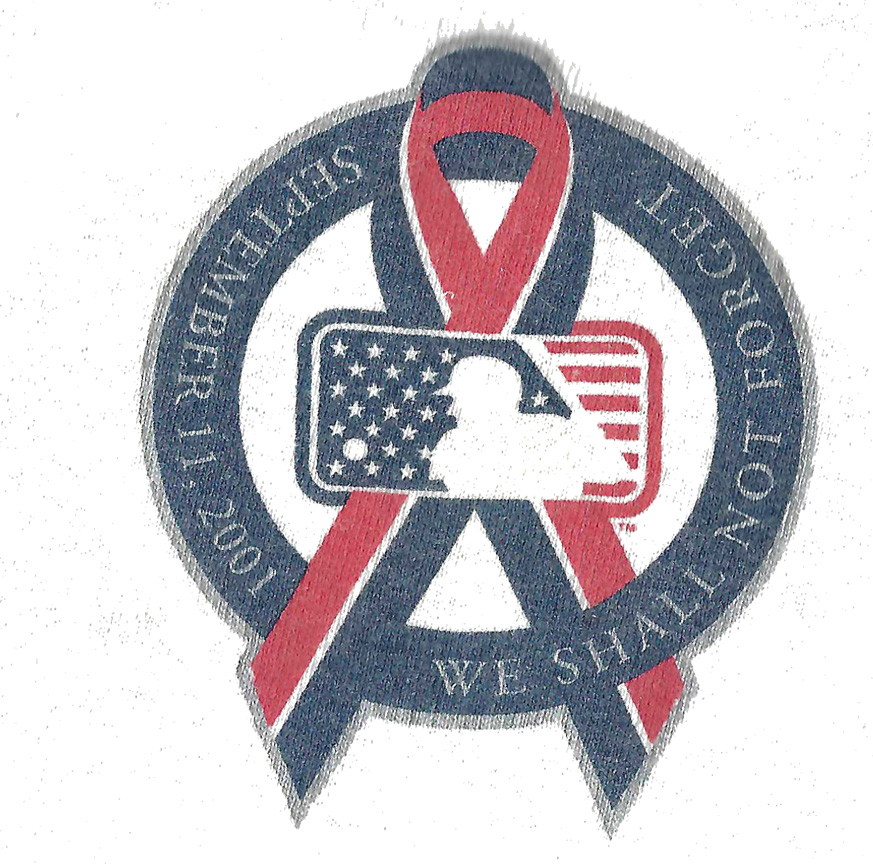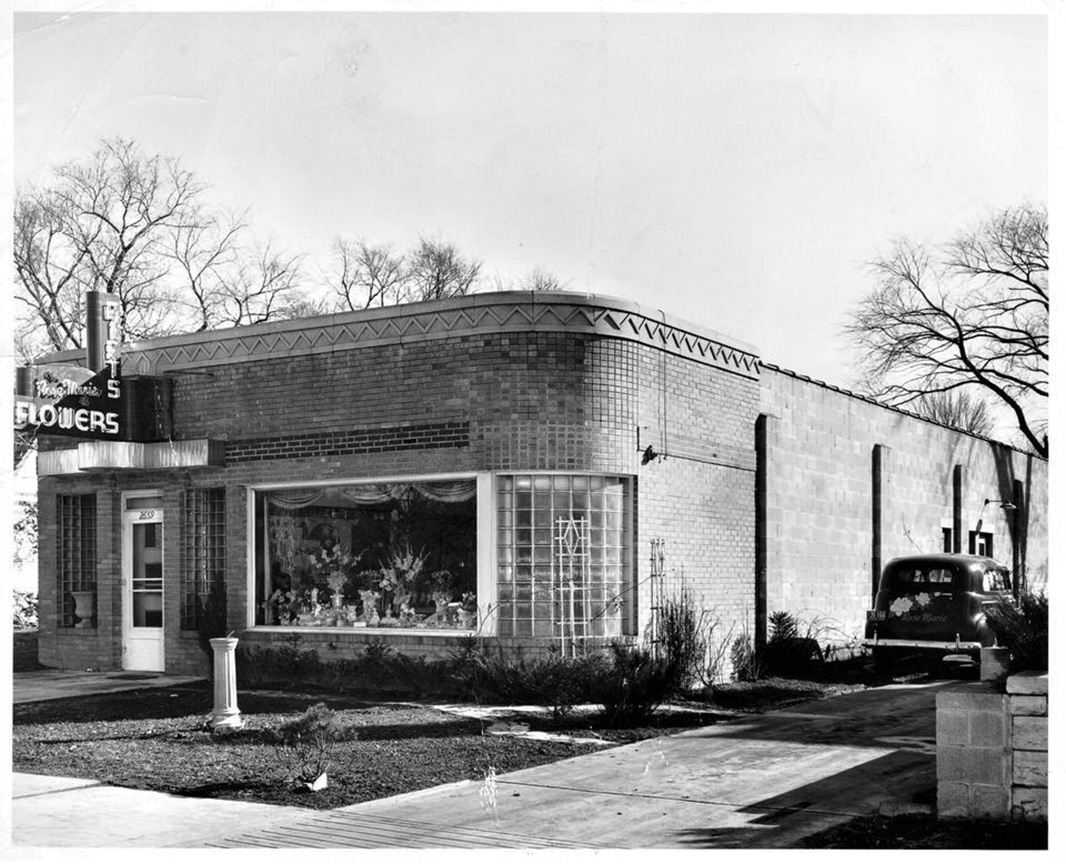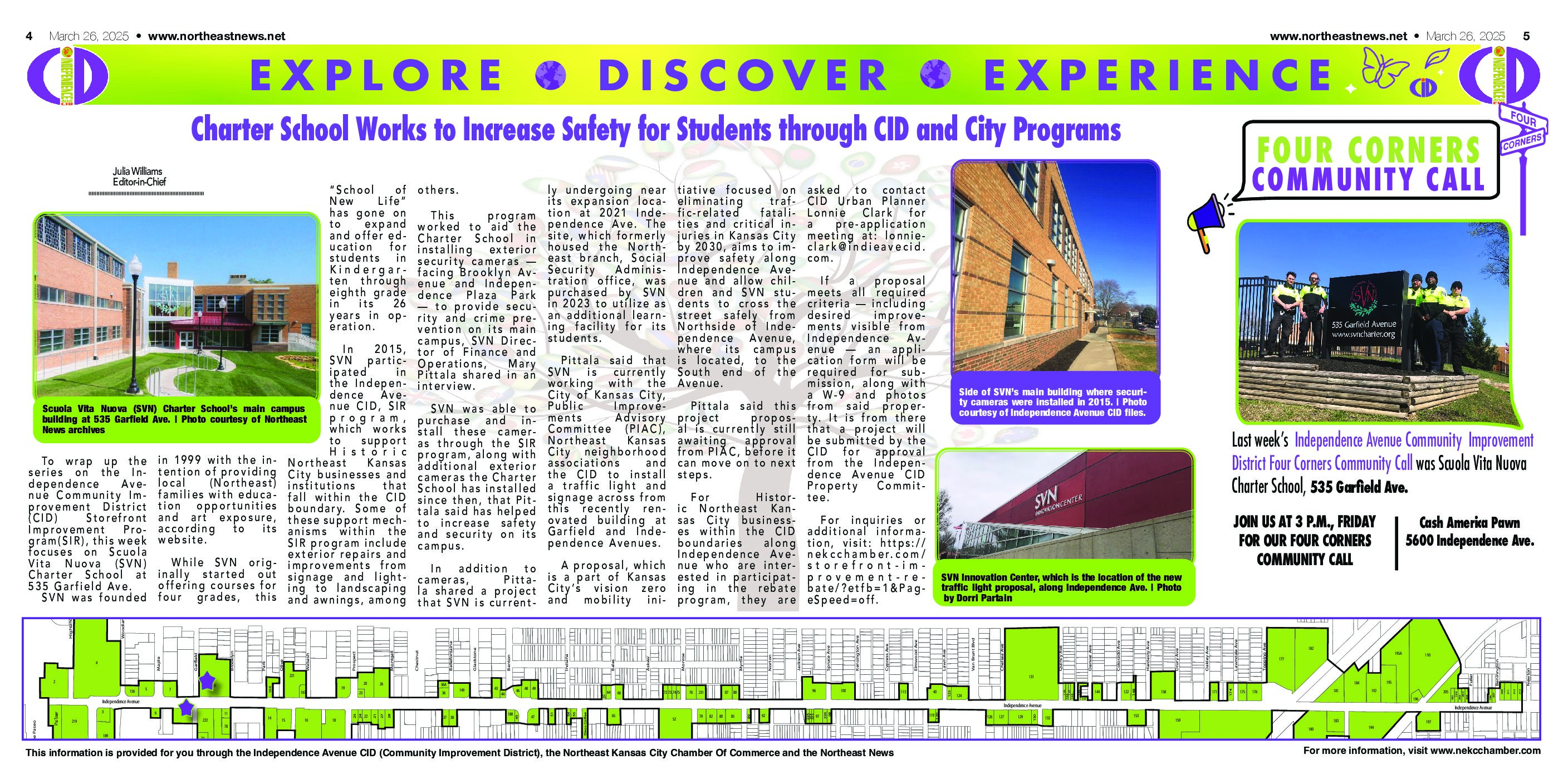
Dorri Partain
Contributor
Several historic events have led to the cancellation of Major League Baseball (MLB) games: the escalation of World War I, the Normandy Invasion on June 6, 1944 during World War II, and terrorist attacks on Sept. 11, 2001.
Bud Selig, MLB commissioner from 1998-2015, cancelled all scheduled games on Sept. 11, 2001 then extended the cancellation for the following three days, then for three additional days as American citizens were consumed with sorrow following the tragic events on that date.
The first teams to return to play following the 6-day suspension were the St. Louis Cardinals and the Milwaukee Brewers at Busch Stadium on Sept. 17. Baseball returned to New York’s Shea Stadium on Sept. 21 as the Mets faced the Atlanta Braves.
As teams returned to regular play, stadiums across the country marked the tragedy with tributes to first responders and victims during opening ceremonies; the iconic seventh inning sing-along featuring “Take Me Out to the Ballgame” was replaced with “God Bless America.”
As the regular season concluded, the 91 games that had been cancelled during the suspension were played, delaying the 2001 World Series.
When the 2002 season was being scheduled, MLB made the decision not to cancel games for that date, choosing to use the occasion as a nationwide opportunity to commemorate and honor those affected by the event now remembered as “9/11.”
While events varied at each stadium, the commemoration for those attending included a letter from President George W. Bush read at the start of the game, a video encapsulating the events on Sept. 11, the singing of “God Bless America” during the seventh inning stretch, and a moment of silence at 9:11 p.m.
Fans received a t-shirt with the MLB logo, a red, white, and blue ribbon and “We Shall Not Forget, September 11, 2001” wordage.
MLB has continued to commemorate the 9/11 event annually during all games played on Sept. 11.



















